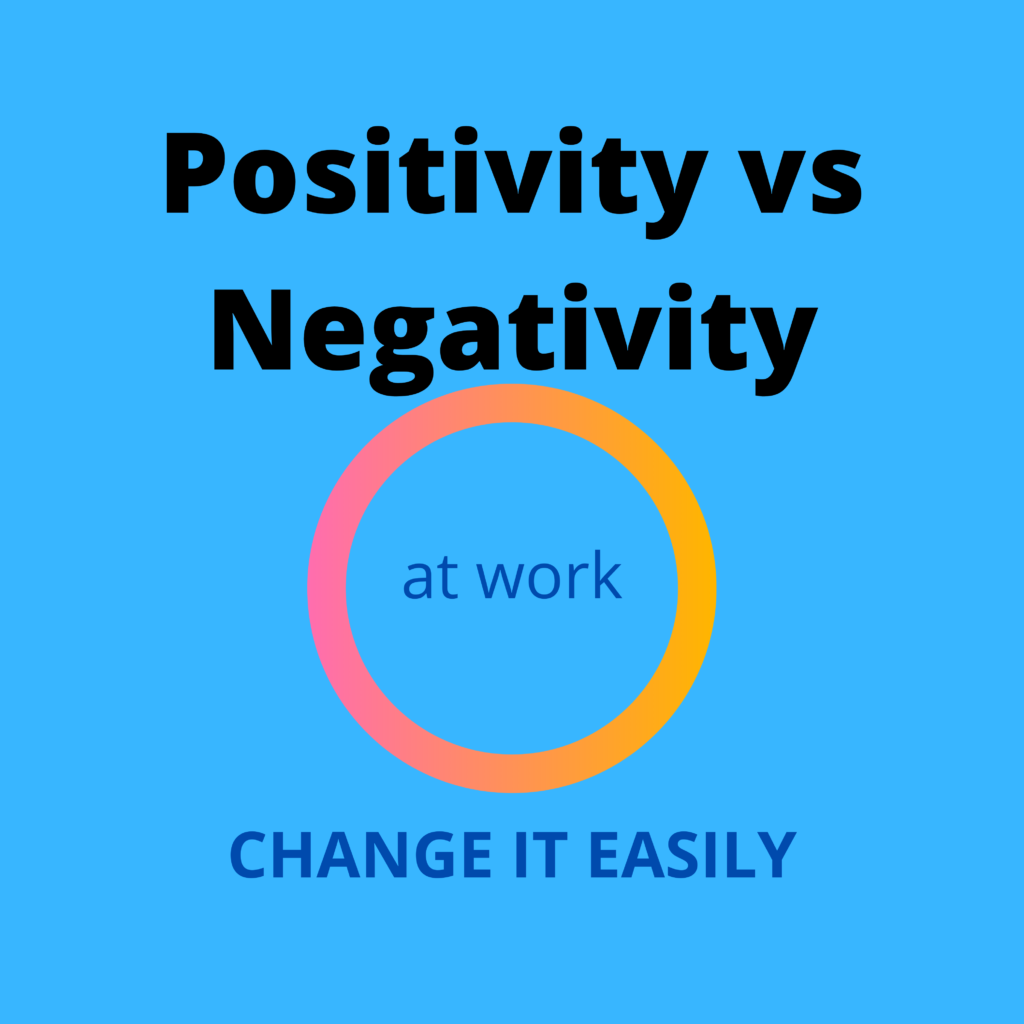‘There’s Fear in the Air’ Series
Fear of Working or Fear of NOT Working
are both difficult situations. I have heard much discussion about this problem, but this next statement sums it up nicely:
“How did I get into this situation? Planning to stay working only a few years, I became hesitant to leave, and then I could not leave”.
10 Common Fears at Work

- Fear of giving up freedom. When you work for someone else you give up your freedom to be your own boss. That can be a scary thought unless your boss gives you more independence.
- Fear of being the bread winner. When a person has to work because there is no other income that raises a lot of anxiety and a lack of confidence. Several overwhelming feelings can complicate the decision to return to work. Someone who has been working all along, now has to accommodate a lifestyle change which increases the amount of money needed to meet expenses.
- Fear of giving up one career for another. Changing careers is always stressful. If you are accepting a job that is a promotion for you, that will carry less anxiety. If you have not worked at all or you worked many years before, there is all kinds of anxiety involved. Some of the fear has little to do with the job and is personal baggage carried over to work.
- Fear of bullying or confrontation. There is so many opportunities for an insecure employee to be intimidated by an insecure bully. Not only do you have to learn your job, but you have to, in a sense, learn another career. You have to take a crash course on interpersonal relationships in order to keep your job. The stress of job requirements, the stress of being bullied, the stress of personal issues, it all builds up and needs to be addressed.
- Fear of learning new things. Even if you love learning new things, it is tough to need to learn something that you have no interest in. Sometimes the pressures of work and pressures of training can be overwhelming.
- Fear of being trapped. Once you start working and settle into getting a paycheck, it is easy to get trapped into debt and then you need to work to pay off that debt. It does not matter whether it is debt from a crisis, a spending frizzy, or whether you are just trying to acquire things to better your living standard.
- Fear of losing children. When working, many times family gets pushed back and becomes more important in your families’ eyes than they are. Constant work is needed to repair and restore and build relationships.
- Fear of isolation. Loneliness is a terrifying experience. When you are not “fitting in” at work, the days can be very long and frustrating and can lead to futile efforts at job performance.
- Fear of underperformance. There is too much emphasis on rights and seniority in the workforce. A newcomer with new ideas may be put down because of the insecurity of the other staff. There will always be someone better than you. The only solution there is to do your best and accept yourself.
- Fear of change. This world is always changing. There will always be change in the workplace. Those of us who have a difficult time with that will lag behind in enthusiasm and maybe performance. Others fight it and cause a very unstable work environment.
Fear has a variety of manifestations at work.
The basic rule to remember is that when one person exhibits stress, it is caught by everyone in that environment. There are many excuses, but the bottom line is – it does not matter if you have stress in your life – you do not have permission to pass it to someone else. Just like an illness, you protect the other person and your family from getting what you have. The most common symptoms are:
- Judging or making fun of those you work with
- Criticizing co-workers
- Drama scenes
- Threatening, bribing, favoritism, cliques
We all can remember coming into a room when the attitude was “so thick you could cut it with a knife”. I remember the shame of that as one co-worker threw a significant look at me as I was the one with the bad attitude. I was feeling bullied and became withdrawn and angry. It helps to have someone call you on your attitude.
Coherent attitudes include the emotions of genuine love, appreciation, care and compassion. * Exhibiting positive attitudes make a big difference in changing the workplace environment. An interesting study was done in Boulder Creek, California (my old stomping grounds) on the effect of heart-governed positive healing attitudes on individual health. It was monitored by physical data including blood pressures. The idea was to get each of the systems of the body to work together, which emits a positive field that others can feel and appreciate.
The study* performed by the Institute of HeartMath used IQM (Inner Quality Management) techniques with at least one other technique to teach a small group of participants how to apply these principles to their personal lives which would change their work environment as well. This study made me more aware of the influences of my thoughts, attitudes and emotions on people around me.
Changing the Workplace Atmosphere
- Picture the environment the positive way you would like to see it. One that you would be happy to work in.
- Bring in positive thoughts, emotions and attitudes and create an environment around you that would spread to others. We have all seen this happen. It only takes one person to uplift or to bring down an atmosphere.
- You want to get professional help – perhaps like HeartMath. I have not used them, but their concept may help.
- The end result is to reduce the sympathetic nervous system affect (fight or flight state), stress, and negativity. Then to promote positivity.
- The result is improved workplace performance.
- Increased positive atmospheres decreases stress issues, depression and mental health problems. Physical problems are minimized, and there is less illness and work time loss.
- Positive climate would increase peacefulness and positive emotions.
- Positively changing the workplace environment would increase workplace satisfaction and value of each employee.
Critical Positive Changes in Health Status
- High blood pressure is reaching epidemic proportions. It is a significant factor in death and disability and heart disease. It is a major link in heart attacks, strokes, kidney disease and circulation health problems (National Heart, Lung, and Blood Institute, 1997). Cognitive issues including memory problems and brain tissue loss of function have been linked to blood pressure abnormalities (Launer et al., 1995; Swan et al., 1998). *
- Stress management programs are essential to reduce the health problems employees develop by initiating a healthy and productive work area for employees.
* Sources: Each Individual Impacts the Field Environment; Impact of a Workplace Stress Reduction Program on Blood Pressure and Emotional Health in Hypertensive Employees; https://www.heartmath.org/assets/uploads/2015/01/hypertension-study.pdf
